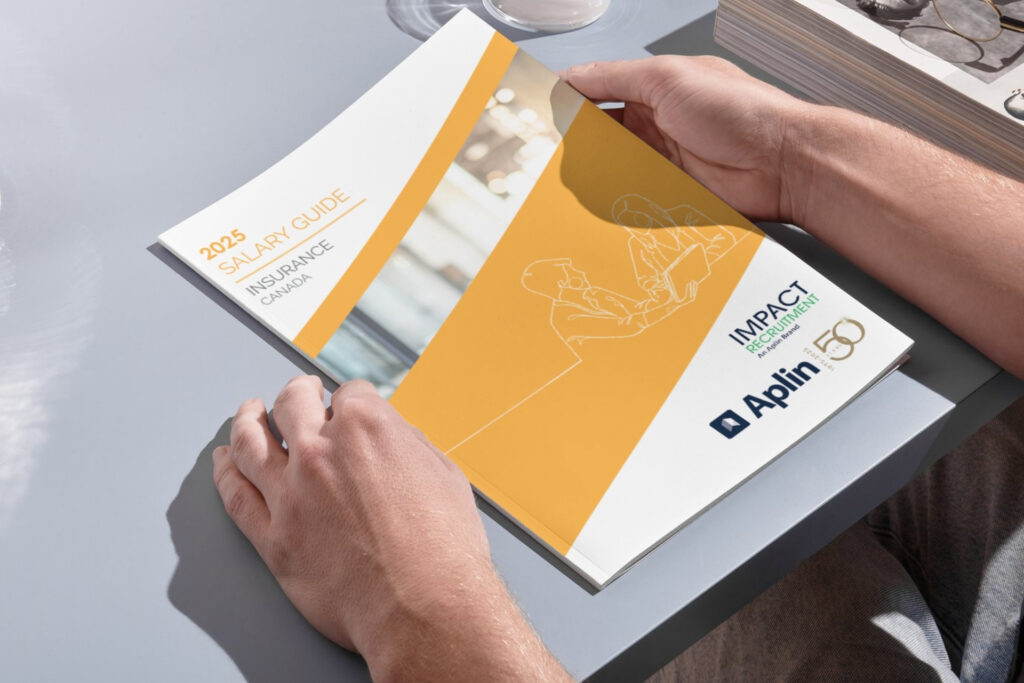Balancing Technology and Professionalism: Mobile Phone Tips for the Workplace
Share This Article
In today’s digital age, mobile phones are indispensable tools for communication and productivity, enabling us to stay connected, access information, and perform many tasks efficiently. However, their improper use can lead to distractions, misunderstandings, and a perception of unprofessionalism. It’s essential to recognize mobile phone usage’s impact on your professional image and workplace dynamics.
Following these basic guidelines for mobile phone etiquette in the workplace helps maintain a professional environment and ensure respectful interactions. Here are some essential suggestions:
1. Limit Mobile Phone Use During Work Hours
- Keep It Minimal: Use your mobile phone primarily for essential work-related tasks. Minimizing personal use, such as texting or browsing social media, will ensure you stay focused and productive.
- Keep It Quiet: Setting your phone to silent or vibrate mode can prevent disruptions and help maintain a quiet workspace.
2. Professional Settings and Meetings
- No Phone During Meetings: Refrain from using your mobile phone during meetings, presentations, or client interactions to show that you are fully engaged. It’s also considerate to avoid looking at your phone during any conversation.
- Emergency Use: If you need to take a call or respond to a message during a meeting, politely excuse yourself and step outside to handle the matter.
3. Have Respect for Colleagues and the Work Environment
- Avoid Speakerphone: Using a headset or keeping the phone close to your ear during calls helps avoid disturbing others.
- Private Conversations: For personal or sensitive conversations, moving to a private area helps maintain confidentiality and respects others’ privacy.
4. Communicate Professionally
- Professional Language: Using professional language in text messages, emails, and calls related to work ensures clear and respectful communication. Avoid using slang, emojis, or overly casual language.
- Response Time: Aim to respond to work-related messages and calls promptly but prioritize urgent tasks to avoid constantly checking your phone.
5. Mobile Phone Use During Breaks
- Designated Areas: Using your phone in designated break areas helps keep the workspace focused and free from distractions.
- Respect Break Times: Make sure your phone use during breaks doesn’t interfere with returning to work on time.
6. What To Do In Emergency Situations
- Inform Supervisor: If you have a personal emergency that requires frequent phone use, letting your supervisor know can help them understand your situation.
- Discreet Usage: Handling personal emergencies discreetly by stepping away from your desk or workstation is considerate.
7. Maintain a Professional Image
- Avoid Overuse: Constantly being on your phone can create a negative impression. Maintaining a professional image involves limiting visible mobile phone use.
- Set Boundaries: Establishing clear boundaries for mobile phone use helps balance personal and professional responsibilities.
8. Handling Notifications
- Customize Notifications: Customizing your notification settings to minimize interruptions can help you stay focused. Prioritize important notifications and mute non-essential ones.
- Avoid Distractions: Turning off unnecessary notifications from apps and social media can reduce distractions.
9. Always Lead by Example
- Model Behavior: If you’re in leadership, demonstrating proper mobile phone etiquette can set a positive example for your team.
- Encourage Awareness: Promoting awareness of respectful mobile phone use within your team or organization can help maintain a professional and efficient work environment.
It’s never too late to improve mobile phone etiquette; these practices can also extend into your home life. Encouraging respectful and mindful technology use within the family can set a strong foundation for children, teaching them the importance of balancing technology with personal interactions. By modelling good habits at home, you can help foster a culture of respect and consideration that your children will carry into their own future workplaces and social environments.
Following these guidelines in the workplace can help you balance mobile phone use while maintaining a professional demeanour and ensuring a productive work environment. Practicing good mobile phone etiquette helps foster respect among colleagues and minimizes distractions, enhancing overall workplace efficiency. Ultimately, these habits contribute to a more harmonious and effective professional setting, benefiting both individual performance and the collective atmosphere of the workplace.




